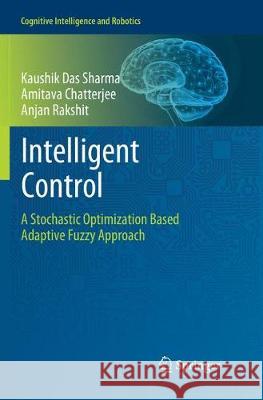Intelligent Control: A Stochastic Optimization Based Adaptive Fuzzy Approach » książka
topmenu
Intelligent Control: A Stochastic Optimization Based Adaptive Fuzzy Approach
ISBN-13: 9789811346033 / Angielski / Miękka / 2018 / 302 str.
Kategorie:
Kategorie BISAC:
Wydawca:
Springer
Seria wydawnicza:
Język:
Angielski
ISBN-13:
9789811346033
Rok wydania:
2018
Dostępne języki:
Numer serii:
000829766
Ilość stron:
302
Oprawa:
Miękka











